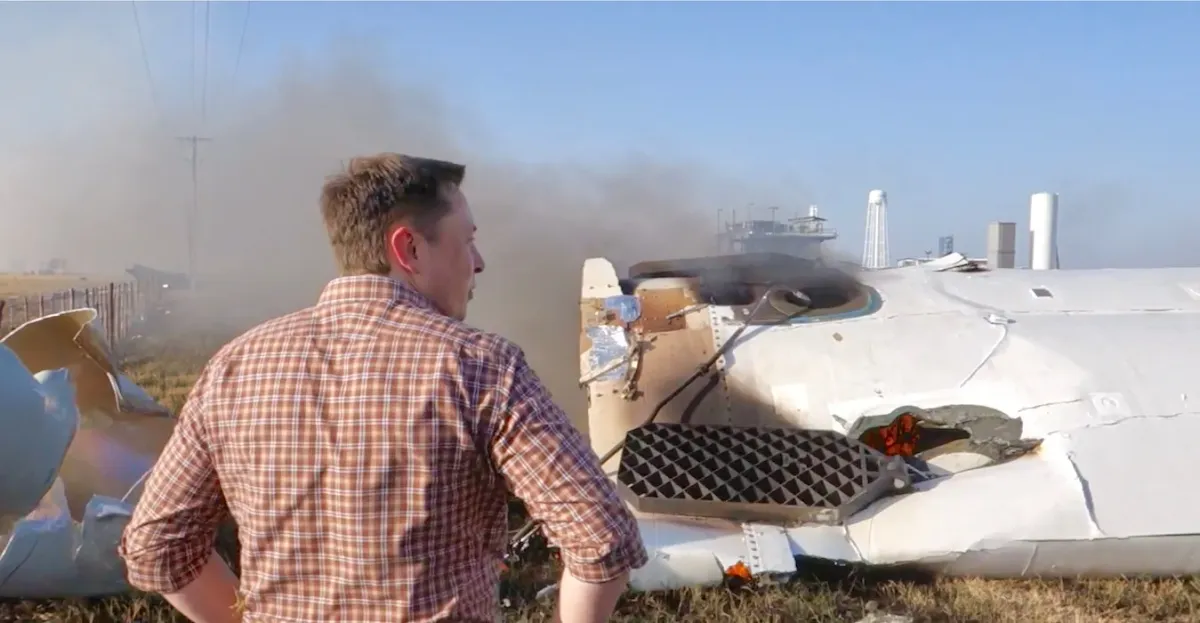FCC Upholds Denial of Starlink’s RDOF Application
The company was slated to receive nearly $900 million in broadband subsidies.
Jake Neenan

WASHINGTON, December 12, 2023 – The Federal Communications Commission upheld on Tuesday its 2022 decision to deny Starlink’s application for $886 million in federal subsidies.
The company was the second biggest winner in the 2020 Rural Digital Opportunity Fund (RDOF) auction, in which broadband providers competed with plans to serve rural areas with the least government support.
More than 600,000 homes and businesses were slated to get internet from Starlink’s low-earth orbit satellite technology.
But the commission concluded in 2022 the nascent technology was not capable of providing the speeds the company claimed. Speed tests showed its current networks operating well below what Starlink’s bids committed to, and the FCC was not convinced the company could improve its technology in time to meet RDOF deadlines. It was pricey too, requiring customers to purchase a $600 dish.
Commissioners reiterated its position by denying the company’s appeal on Tuesday. The agency “has a responsibility to be a good steward of limited public funds meant to expand access to rural broadband, not fund applicants that fail to meet basic program requirements,” FCC Chairwoman Jessica Rosenwrocel said in a statement.
Elon Musk’s Starlink was not the only major company to inflate its capabilities in RDOF bids. Nearly 100 bidders have defaulted since the auction, leaving in limbo an estimated $2.8 billion of the $9.2 billion originally awarded.
The FCC upheld another denial on Monday in the case of LTD Broadband, which appealed the commission’s finding that it could not reasonably serve the more than 500,000 locations to which it had committed. The commission also hit LTD with a $21.7 million fine for its default.
The commission’s two Republicans dissented to Starlink’s denial, claiming they saw a path for the company to improve its speeds before the first deployment deadline in 2025.
Brendan Carr claimed the denial was politically motivated, a case of the Biden administration going after Musk for embracing increasingly right-wing views after purchasing Twitter (now called X) – but that purchase went through in October 2022, after the FCC issued its denial.








